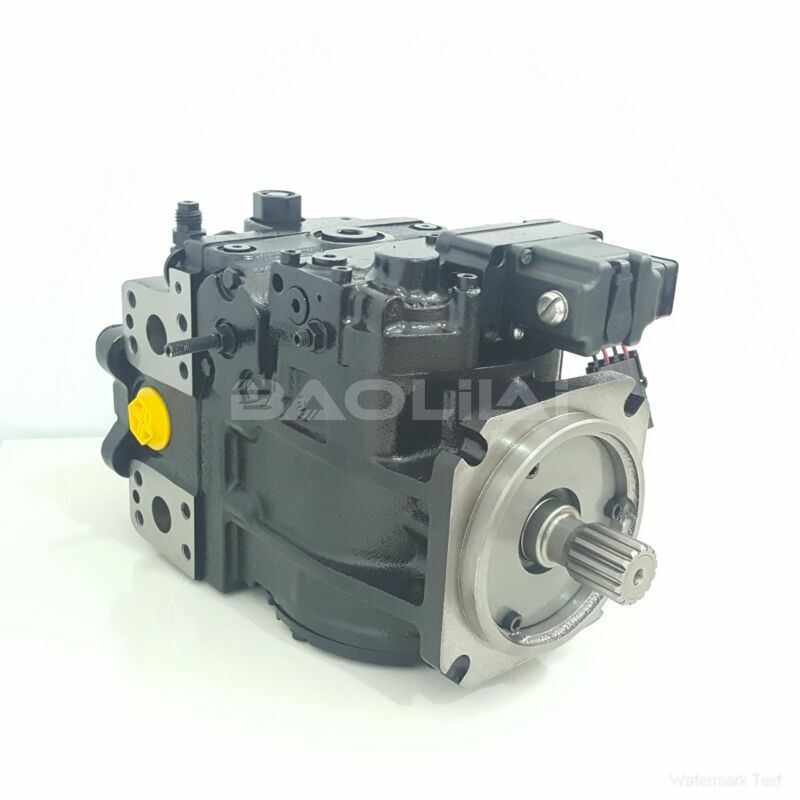90L100KA2BC80R3F1F00GBA353524 piston pump
90L100KA2BC80R3F1F00GBA353524 piston pump

- Product Details
- Applicable Scene
Vacuum furnaces play a critical role in various industrial processes, including sintering, annealing, and brazing of metals and other materials. The efficient operation of these furnaces depends significantly on maintaining the required vacuum levels. Piston pumps are essential components in this context, as they effectively create and sustain the vacuum needed for optimal furnace performance. This article explores how piston pumps support the operation of vacuum furnaces.
90L100-KA-2-BC-80-R-3-F1-F-00-GBA-35-35-24
90L100KA2BC80R3F1F00GBA353524
At the core of any vacuum furnace is the need to eliminate air and other gases from the chamber to prevent contamination during processing. Piston pumps work by utilizing a reciprocating motion to compress and move gases out of the chamber, thereby creating a low-pressure environment. This operation is characterized by high efficiency and reliability, important attributes when catering to sensitive manufacturing processes.

83006651
One of the primary advantages of piston pumps is their ability to generate high vacuum levels. Unlike rotary vane pumps or other types of vacuum pumps, piston pumps can achieve lower ultimate pressures, making them ideal for applications requiring a deeper vacuum. This characteristic is particularly beneficial in metallurgical heating processes, where the presence of impurities can adversely affect material properties.
Additionally, piston pumps offer excellent performance under varying load conditions. They can handle fluctuations in gas load due to the cyclical nature of vacuum furnace operations. For instance, during the heating phase, the outgassing of materials can increase the load on the pump. Piston pumps can quickly respond to such changes, maintaining consistent vacuum levels and ensuring process stability.
Another significant aspect of piston pumps is their energy efficiency. In comparison to other vacuum pump types, piston pumps consume less power for the same level of vacuum, translating to reduced operational costs. This efficiency is crucial, especially in high-throughput environments where multiple batches may be processed continuously.





